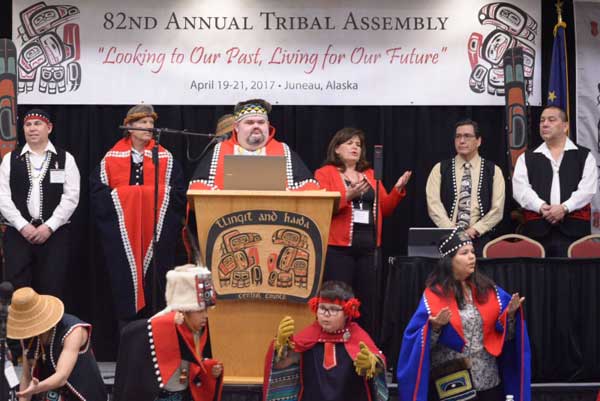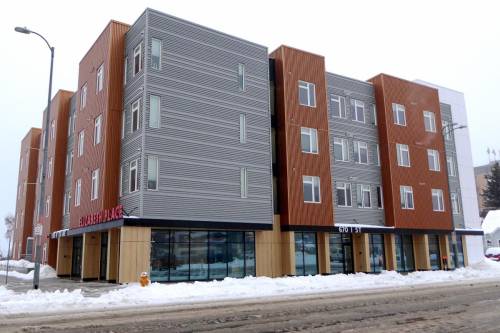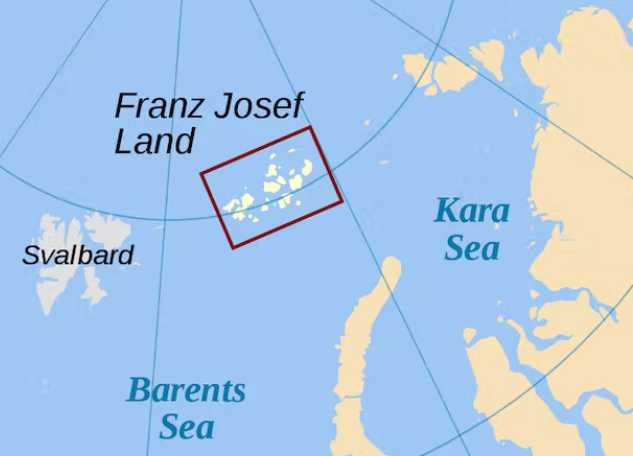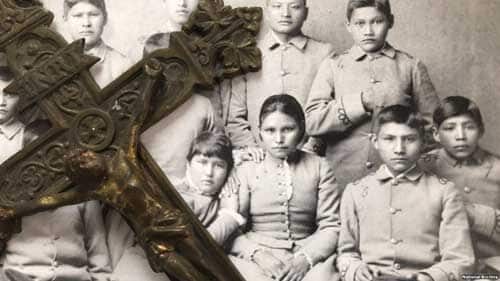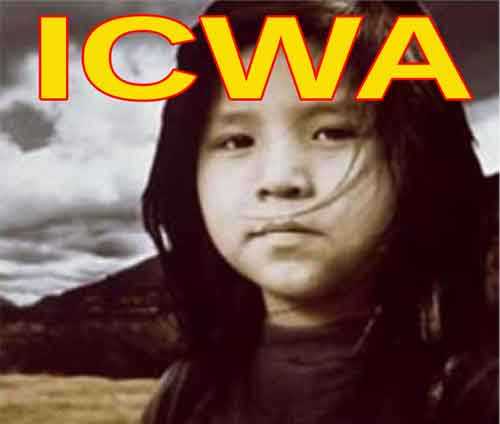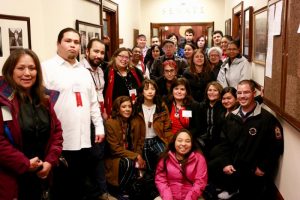
Juneau, AK – On the second day of the Central Council of Tlingit & Haida Indian Tribes of Alaska’s 83rd Annual Tribal Assembly, Juneau Delegate Paul Marks II called upon the governing body to take immediate action to support House Concurrent Resolution No. 19 (HCR 19). The body responded to the call to action by recessing the Tribal Assembly early so that Delegates could attend the Senate State Affairs Committee hearing on the resolution.
HCR 19 urges the Governor to issue an administrative order recognizing a linguistic emergency and for the Governor, Alaska Native Language Preservation and Advisory Council (ANLPAC), and other state agencies to work actively with the legislature and Alaska Native organizations to ensure the survival and continued use of all 20 of the State’s Alaska Native languages.
The State of Alaska has 21 official languages. Twenty of these languages are Alaska Native. These languages have existed on this land for over ten thousand years. Declaring a linguistic emergency will allow for necessary measures and initiatives to preserve, revitalize and give equal status to our indigenous languages.
Tlingit & Haida issued a letter on February 28, 2018, in support of HCR 19 citing that the ANLPAC’s 2018 Biennial Report lists all three of Southeast Alaska’s Native languages as critically endangered as measured by UNESCO Scale of Language Endangerment. The Tribe objects to and protests the changing of the wording from “recognizing a linguistic emergency” to “recognizing an urgent need for language revitalization”. The proposed language disregards the expertise of the ANLPAC and attempts to minimize the devastating statewide impacts that Indigenous language loss presents.[xyz-ihs snippet=”adsense-body-ad”]“The survival and revitalization of our Tlingit, Haida and Tsimshian languages is of the highest priorities for Tlingit & Haida, said President Richard (Chalye Éesh) Peterson. “Great efforts by elders, students, tribes, Alaska Native organizations and communities have occurred to reverse language loss and there are signs that revitalization is emerging for Alaska Native languages. Even with these efforts, on the current trajectory and with partial action by the State of Alaska, we stand to lose our languages by the end of the 21st century.”
The public testimony drew in an overwhelming level of support. Delegates and Tlingit & Haida staff joined other tribal citizens who spilled into the hallway to hear the public testimonies being provided. Tribal citizen Lance Twitchell along with David Boxley were two of those who provided comment during the hearing period.
“Around the world, every two weeks a language dies,” said Lance (Xh’unei) Twitchell. “I have seen Alaska Native languages creep closer and closer to language death and on top of that have weathered comments about whether or not this is progress. When people came here and were educating they documented the things they did, soaking rags in chemicals and putting them in the mouths of children to get them to stop speaking their languages…I think of an elder who said a teacher used to say every day to her, ‘you think you guys are going to be as good as us, but you’re nothing but a second-class citizen. You know these languages just fell out of use?’ So we’re pushing back against those ideas and are saying why waste time and energy. We know what’s about to happen. We’ve seen languages lose their last speakers and we just don’t want it to happen any longer…so we are asking you to move this forward, if changing a word and saying ‘well it’s not quite an emergency’ even though language is an entire thought-world on the verge of dying. That’s fine if that’s your stance. I do believe you will be remembered for the things that are being said and done. I also believe regardless of what people might say in opposition to the movement that is building, there is a time coming when we are not going to be counting the losses, but we’re going to be losing track of how many people are speaking our languages. We ask you to not stand in our way. [Speaks in Tlingit] It’s not just me standing here saying this, my ancestors are with me at this table and all of those people who suffered. The suffering was real, it was not an abstraction.”
HCR 19 was passed by the House Community and Regional Affairs Committee after two days of public testimony in March and was advanced to the Senate State Affairs Committee with sponsorship from Senator Donny Olson.

